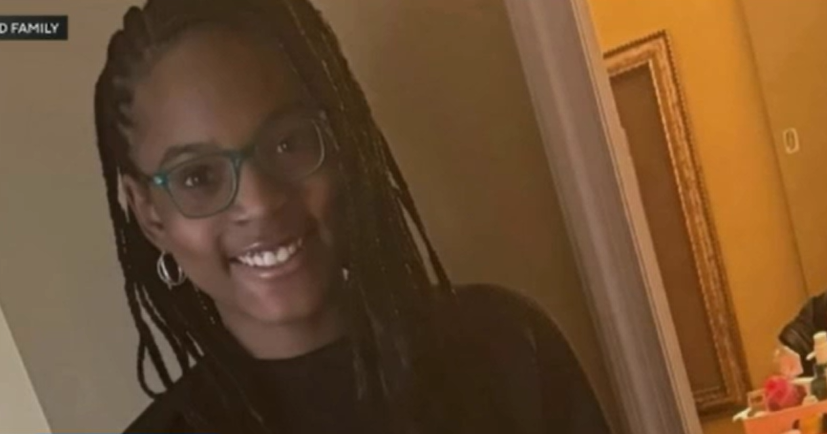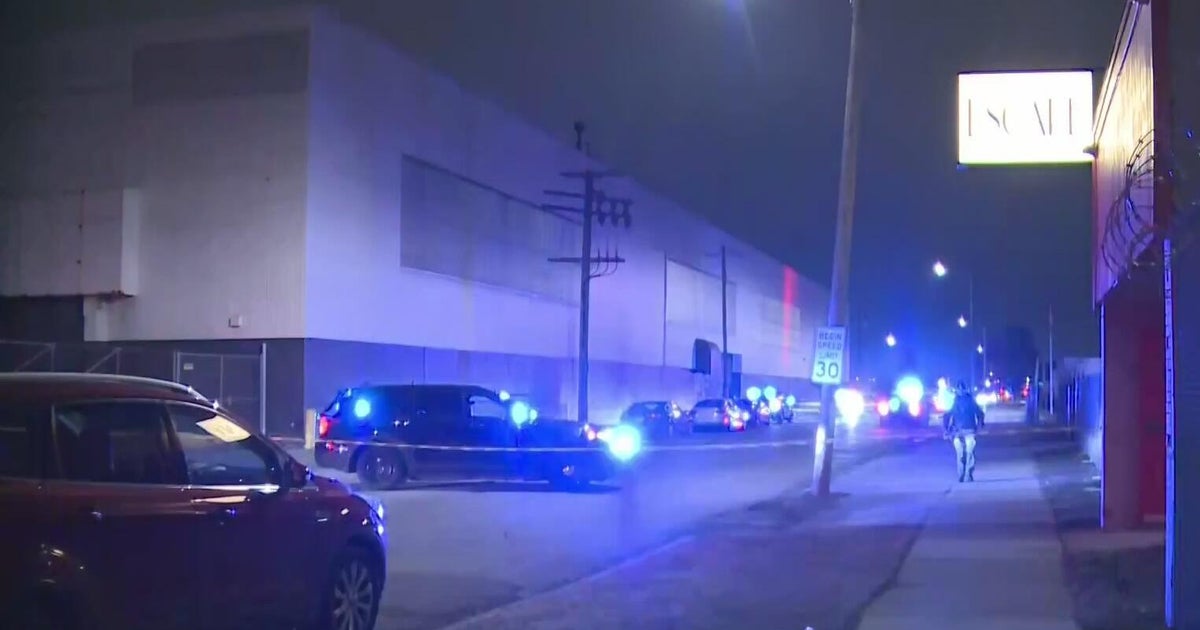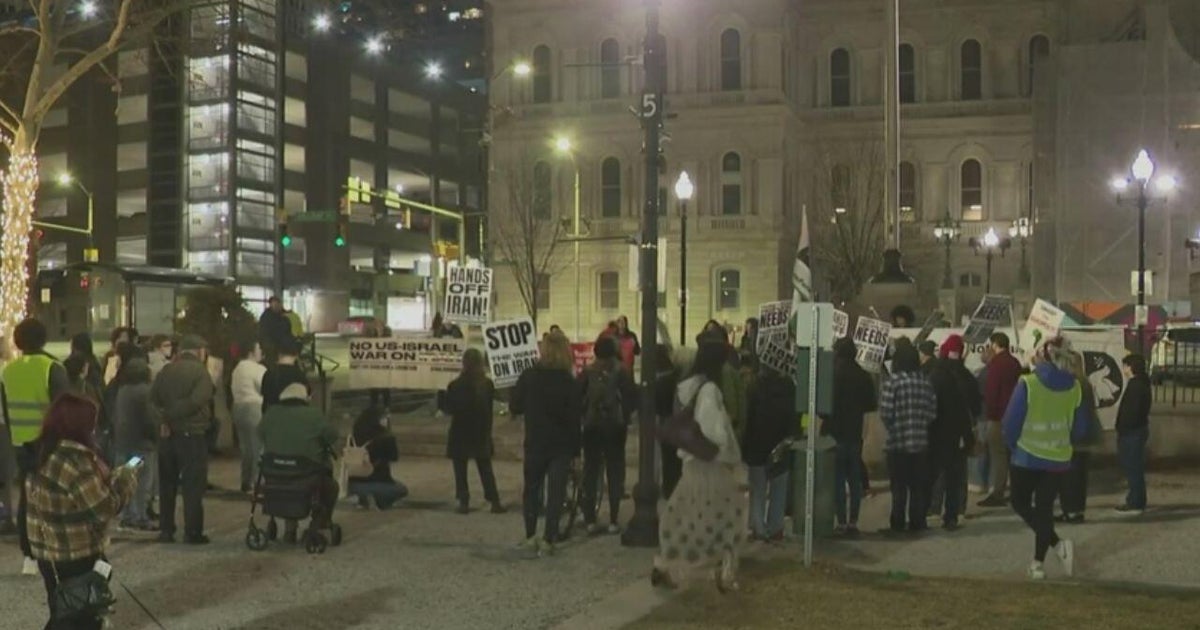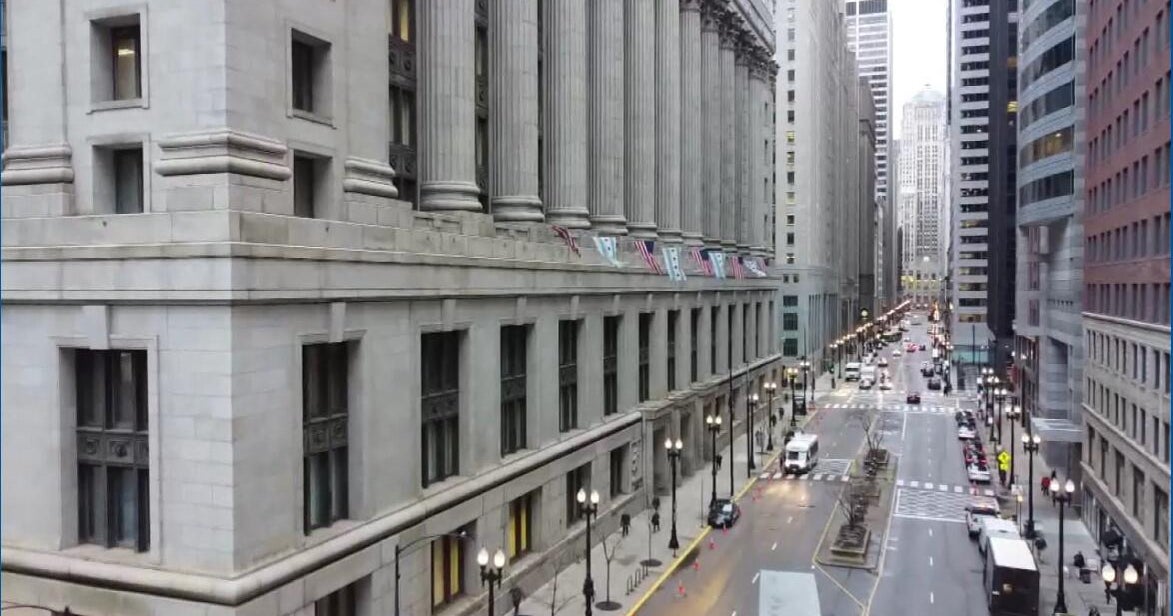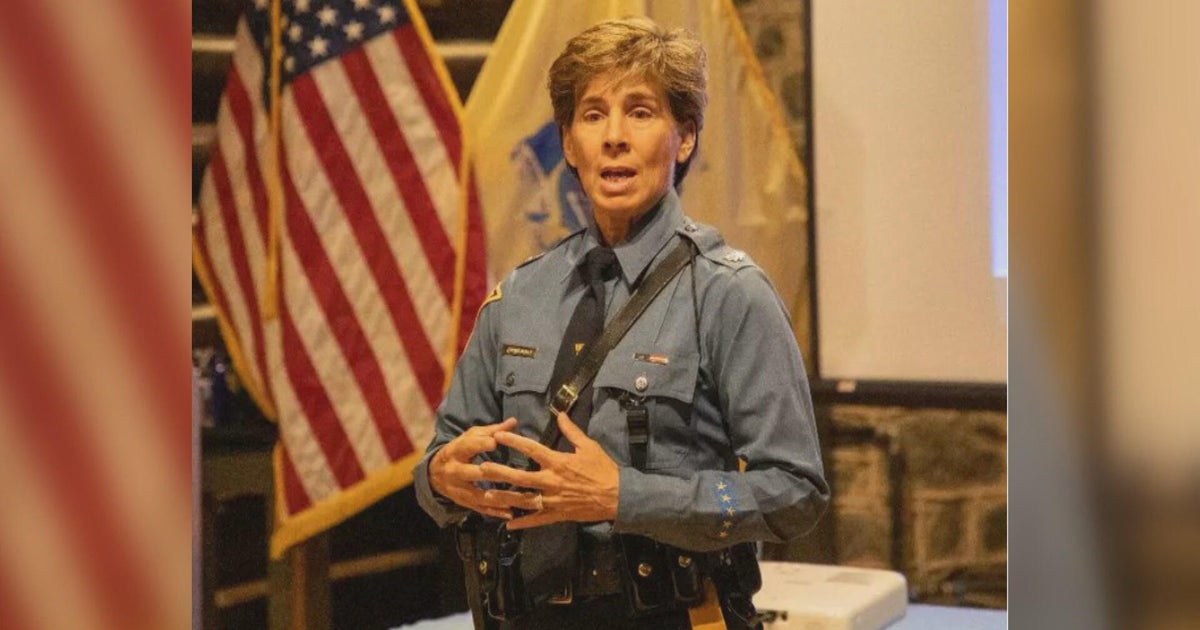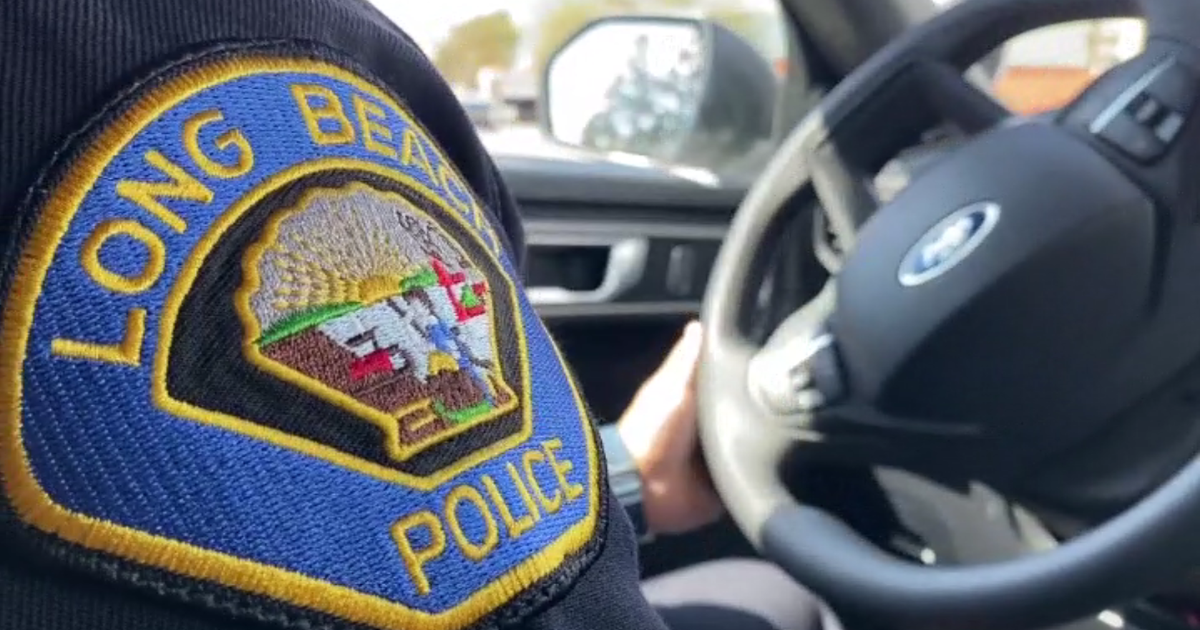In Response To GTTF Report, Harrison Says BPD Has Undertaken Many Recommended Reforms, Will Implement Others
BALTIMORE (WJZ) -- Following the release of a comprehensive investigation into the disgraced Gun Trace Task Force, Baltimore Police Commissioner Michael Harrison on Friday said the department has already enacted many of the 25 recommended reforms and will implement a series of others.
Led by former Department of Justice Inspector General Michael Bromwich, the report offers a 20-year history of events and decisions that led to the Gun Trace Task Force scandal, including "persistent weaknesses in supervision and accountability" in the Baltimore Police Department.
On Friday, Harrison released a letter to Bromwich addressing 25 recommendations made in the report, such as changes to the background screening of new hires, the training academy and the use of "integrity stings."
"In speaking to these recommendations, the BPD intends to use the report as a tool for internal evaluation and departmental improvement," Harrison wrote. "As we do so, BPD pledges its continued transparency and welcomes opportunities for collaboration with the community it serves."
The commissioner said the agency has already completed a dozen recommended reforms, including:
- Standardized background checks for new hires
- Showing zero tolerance for cheating in the training academy
- In-service training on past BPD corruption scandals
- Recruit and in-service training with testimonials from former officers who engaged in corruption
- Training on the importance of providing "complete and truthful information" in official documents
- Making the BPD's Ethical Policing is Courageous program a recurring part of training
- Ensuring senior staff always work through the formal chain of command
- Carefully screening members of plainclothes units.
- Recruiting "top-flight personnel" as internal affairs investigators
- Increased scrutiny of "units that focus on seizing drugs and guns and make arrests at levels substantially higher than other units performing similar functions"
- Training for internal-affairs investigators in interviewing and writing
- Periodic training for citizens and sworn officers who serve on trial boards
- Identifying potential conflicts of interest for trial board members
Harrison also said police would implement additional changes in 2022, such as focusing on anger management and impulse control issues during the testing of new recruits, establishing an anonymous reporting mechanism for trainees at the academy, assigning a mentor to rookie officers, providing better tracking of complaints against officers, and conducting detailed exit interviews with departing personnel.
The department is limited in its ability to carry out some reforms, according to Harrison.
Baltimore police would struggle to use current and former personnel to conduct the field investigation part of background checks of new recruits "due to staffing shortages of available sworn personnel," he wrote.
Similarly, the department stopped conducting Integrity Tests in 2017 due to "staffing issues," but the BPD's long-term plan calls for bringing back a different version of the program.
"In the past, officers quickly detected that the 'found drugs or cash' was an integrity test and followed all BPD protocols," Harrison wrote. "BPD does plan to develop a new process once sufficient resources throughout the Department can be achieved and a realistic process can be implemented."
And it would be hard for a departing supervisor to provide a detailed briefing to their replacement because "the supervisor has (in many cases) long since left the position (either due to transfer, promotion, or separation)," he wrote.
Harrison concluded by saying the report represents an "inflection point" for the Baltimore Police Department.
"Your recommendations provide a clear roadmap; and by implementing them, along with our Consent Decree, BPD can write the next chapter in our history, one that the residents of Baltimore can be proud to call their own," he wrote.
